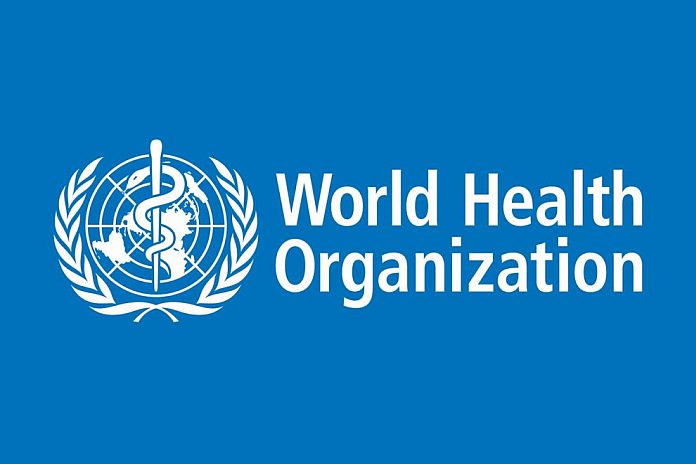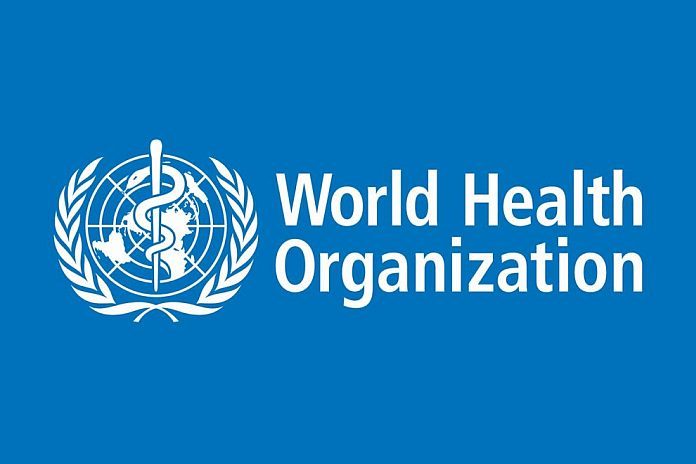COVID-19 subcommittee – GACVS updated guidance regarding myocarditis and pericarditis reported with COVID-19 mRNA vaccines

GENEVA, Switzerland – On 26 May 2021, the COVID-19 subcommittee of the WHO Global Advisory Committee on Vaccine Safety (GACVS) issued a statement reviewing initial reports of mild myocarditis following COVID-19 mRNA vaccines. Myocarditis is an inflammation of the heart muscle and pericarditis is an inflammation of the lining that surrounds the heart. While they can lead to serious illness, they are often mild and respond well to conservative treatment.
More data have become available since the GACVS statement of 26 May 2021, with more countries reporting myocarditis and pericarditis in individuals who received COVID-19 mRNA vaccines. The reported cases have typically occurred within days of vaccination, more commonly among younger males and more often following the second dose the of COVID-19 mRNA vaccines.
A strong signal of myocarditis/pericarditis has been reported recently with mRNA COVID-19 vaccines in the United States (US). However, the US Advisory Committee on Immunization Practices (ACIP) has concluded that the benefits of mRNA COVID-19 vaccines continue to outweigh the risks of myocarditis and pericarditis even among young people. According to the data in the US Vaccine Adverse Events Reporting System (VAERS), approximately 40.6 cases of myocarditis per million-second doses among males and 4.2 cases per million among females have been reported as of 11 June 2021 in persons 12-29 years of age who received the mRNA COVID-19 vaccines. For persons over 30 years of age, the reporting rates were 2.4 and 1.0 per million-second doses, respectively, for males and females.
The Pharmacovigilance Risk Assessment Committee (PRAC) of the European Medicines Agency (EMA) at its recent meeting on 5-8 July 2021 reviewed the latest data from Europe and has confirmed that there is a plausible causal relationship between myocarditis and the mRNA vaccines.
The GACVS COVID-19 subcommittee has reviewed all available information to date, and notes the following:
The benefits of mRNA COVID-19 vaccines outweigh the risks in reducing hospitalizations and deaths due to COVID-19 infections.
Very rare cases of myocarditis and pericarditis have been observed following vaccination with the mRNA COVID-19 vaccines. These cases occurred more often in younger men and after the second dose of the vaccine, typically within few days after vaccination. Current evidence suggests a likely causal association between myocarditis and the mRNA vaccines
Available data suggest that the immediate course of myocarditis and pericarditis following vaccination is generally mild and responds to conservative treatment (e.g. rest, treatment with nonsteroidal anti-inflammatory drugs etc). Follow-up is ongoing to determine long term outcomes.
More rigorous studies using alternative data sources and more robust study designs including comparison of vaccinated and unvaccinated populations as well as investigations monitoring for longer term follow up are underway; the GACVS subcommittee will continue to review this signal as more data become available.
The US Food and Drug Administration (FDA) and the EMA have provided updates to the Product Information for the mRNA vaccines (Comirnaty and Spikevax). These and other agencies have issued advisories and various communication materials, to the public and healthcare professionals, with guidance or actions to take following vaccinations with mRNA vaccines.
- Vaccinated individuals should be instructed to seek immediate medical attention if they develop symptoms indicative of myocarditis or pericarditis such as new onset and persisting chest pain, shortness of breath, or palpitations following vaccination.
- Clinicians should be aware of the risk of myocarditis and pericarditis with mRNA vaccines and those most likely to be affected. They should be alert to presentations such as acute chest pain, shortness of breath and palpitations that may be suggestive of myocarditis after vaccination, especially in adolescent or young males. Coronary events are less likely to be the source of such symptoms among younger people.
- Where possible, suspected cases should be evaluated, provided guidance and be followed up with cardiologist consultation.
- It is important to rule out other potential causes of myocarditis and pericarditis, including COVID-19 infection and other viral etiologies. An infectious disease specialist and/or rheumatologist may need to be consulted to assist in this evaluation.
While acknowledging the clear benefits of the mRNA vaccines in reducing deaths and hospitalizations due to COVID-19 infections, the subcommittee encourages all health professionals to report all events of myocarditis and other adverse events observed with these and other vaccines. The WHO COVID-19 vaccine safety surveillance manual provides guidance to countries on the safety monitoring and adverse events data sharing for the new COVID-19 vaccines.
The GACVS COVID-19 subcommittee will continue to review the safety data from all COVID-19 vaccines and update any advice as necessary. Open, transparent, and evidence-based communication about the potential benefits and risks to recipients and the community is essential to maintain trust. WHO is carefully monitoring the rollout of all COVID-19 vaccines and will continue to work closely with countries to manage potential risks, and to use science and data to drive response and recommendations.
Source: caribbeannewsglobal.com



